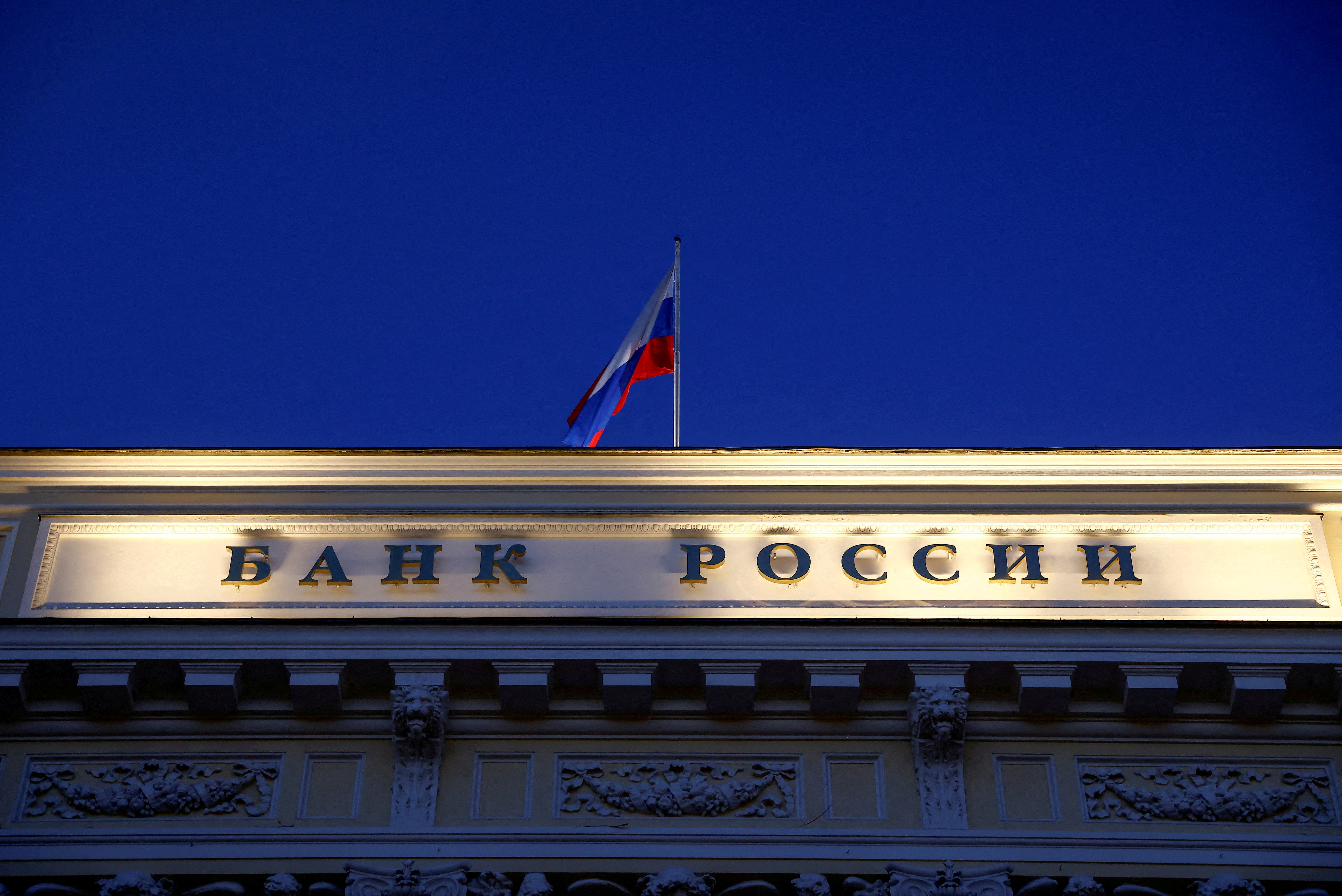By Marilena Evangelou & Yiannis Seitanidis
The imposition of severe economic sanctions in Russia has made the daily life of those Cypriots who are in the country for work or study more difficult. Sending money from Cyprus to an account held in state banks is not possible.
The alternative is to open an account in euros in banks that are not subject to sanctions. Attention, the account must be in euro. If the account is in local currency it is likely that the remittance from Cyprus will not be executed as Russian banks do not perform interbank foreign currency to ruble conversion operations.
Now as far as the use of Cypriot debit and credit cards in Russia is concerned, although they have not been banned their use is still likely to be denied.
In a post, the US Embassy in Moscow notes that there are numerous reports of non-Russian credit and debit cards being rejected in Russia.
Non-Russian cardholders are advised to be prepared with alternative means of payment in case of card rejection.
It is noted that Visa and MasterCard have decided to “block” cards issued by the 12 Russian banks that have been excluded from SWIFT based on the US announcement, while Russian Standard Bank, which is the partner of Diners, has not joined the list.
Finally, Google Play and Apple Pay services are no longer available.
Immediate impact
A decrease in purchasing power, devaluation of the Russian currency and inflation are the immediate effects that Russian citizens are already experiencing due to the sanctions imposed on Russia by the EU, the US and the UK in response to the invasion of Ukraine.
Speaking on POLITI 107.6’s Control Panel programme, Dr Marios Zachariadis, Professor in the Department of Economics at the University of Cyprus, said that the restrictions imposed on the Central Bank of Russia are the most severe of the sanctions imposed and are causing real economic suffocation, which is affecting all citizens in Russia without exception.
What the restrictions are aimed at is that the Russian Central Bank does not have access to the reserve of 630 billion, which is partly in gold in Russia, but largely in euros, dollars and other financial instruments which, in order to use them, need the consent of either the US Fed, the European Central Bank or the UK Central Bank.
“This limits the ability to support the Russian currency, which implies a devaluation of the Russian currency and inflation, as well as a reduction in the purchasing power of Russian citizens and businesses,” Zakhariadis said, and has the effect of making it unimaginably difficult for the Russian economy to function properly.
Oligarchs’ reaction
This measure, combined with the blocking of some currently Russian banks from the international Swift trading system, is likely to provoke a reaction from Russian businessmen and oligarchs, but also from ordinary people, who will lose the ability to live in comfort, take holidays or even enjoy goods. Already, according to international media reports, Russian oligarchs are putting pressure on Vladimir Putin, but it is doubtful whether this pressure will be enough to stop the Russian President’s plans in Ukraine.
The entire banking system in Russia has not been excluded from the Swift system, as it still serves the needs of Western countries that still have transactions with Russia, and to a large extent, especially in Germany, there is an energy dependency.
What is affecting Europe?
More than the blockade of airports on Russian planes, Marios Zakhariadis believes that the restrictions pushing the Russian ruble into depreciation affect Cyprus, and Europe more broadly, much more, due to the reduction in the purchasing power of Russian citizens.
The direct effects have already appeared and have to do with the rise in the price of fuel, which is causing a chain increase in the prices of all products.
This, in a period of internationally low interest rates and high public debt, which is already showing inflationary tendencies, will result in a further increase in inflation, with decisions turning to the difficult choice of raising interest rates.
The cost of war is also factored into the impact, according to Zachariadis. Already, he said, Germany has announced a 2 per cent increase in its GDP due to defence aid to Ukraine.







Click here to change your cookie preferences